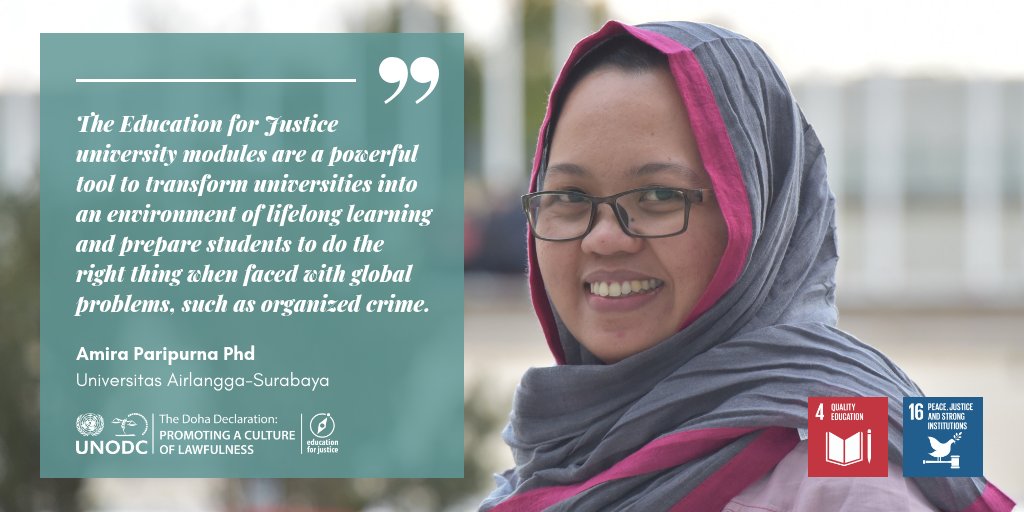The beginning of 2019 is an important mark for transnational organized crime (TOC) development which was developed by Police Science Studies (KIK) Postgraduate School of Universitas Airlangga. Through Winter School on Transnational Organized Crime program, one of the teaching staffs, Amira Paripurna, S.H., LL.M., Ph.D successfully completed the program held in Vienna, Austria on January 13-24. The program expected to be a bridge in reaffirming the commitment to develop TOC in Police Science Studies of Universitas Airlangga.
The program held by European Consortium for Political Research (ECPR) Standing Group on Organsied Crime (SGOC) in collaboration with United Nations Office on Drugs and Crime (UNODC). This was a global contribution to increase interaction between academics / researchers and practitioners to be a bridge for the gap between parties and provide an understanding of the latest challenges in facing organized crime.
For two weeks, Winter School participants who were representatives of almost 15 countries had the opportunity to discuss and critically review on the challenges by organized crime and also existing national and international policies. In addition, experts from various international organizations such as UNODC itself and other UN agencies in this field were also presented to provide thematic lectures.
The participants were also visited several international organization office such as Organization for Security and Operations in Europe (OSCE) and International Organization for Migration (IOM).
According to Amira, a lecturer in Criminal Law Department, Faculty of Law (FH) Universitas Airlangga and Researcher at Human Rights Law Studies (HRLS) FH Universitas Airlangga noted several important points obtained from curriculum of this program are needed in developing studies transnational organized crime. Along with TOC and its various manifestations such as human trafficking and smuggling of migrant workers, drug trafficking, environmental and wildlife crime, cybercrime, cultural property trade, counterfeiting, arms trafficking, and others.
In addition, it also discussed corruption crimes, money laundering and asset recovery, corporate crime and violations, international terrorism and terror-crime, contra-terrorism, criminal investigations and prosecutions. Furthermore related to legal response and international organizations for transnational crime, procedures for data collection, research methods, and risk analysis techniques that apply to global crime studies.
In this program, Amira also had an opportunity to present papers on the development of handling terrorism in Indonesia and challenges for law enforcers to prevent terrorism crimes.
“Several modules related to the development of university education offered by Winter School are very useful to bring the spirit of lifelong learning. In addition, this curriculum can be implemented into Police Science Studies (KIK) to prepare studies and research in the field of TOC. Thus, there will be recent studies that can be used as input for the authorities.” Amira said. (*)
Author: Masitoh Indriani
Editor: Binti Q. Masruroh





